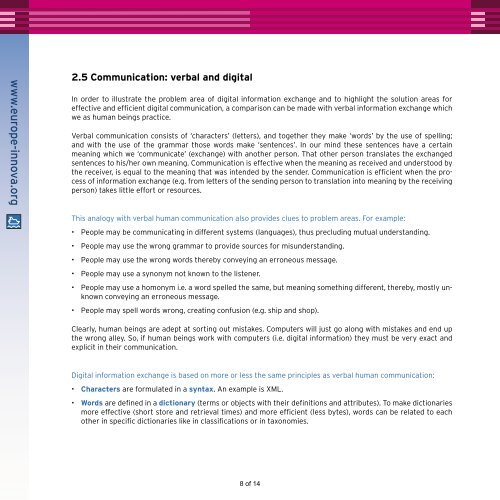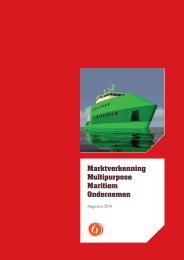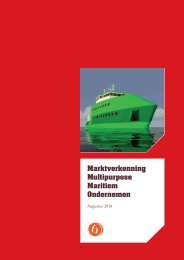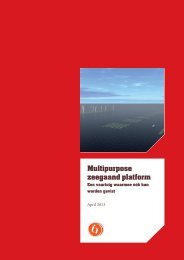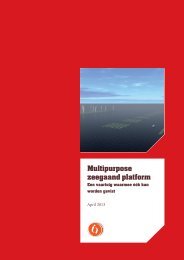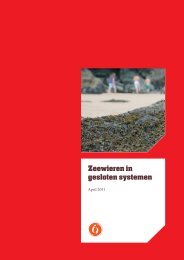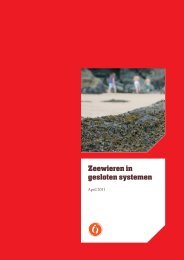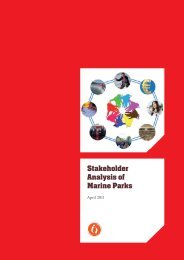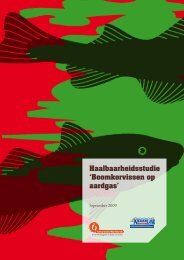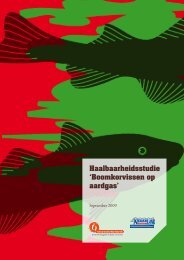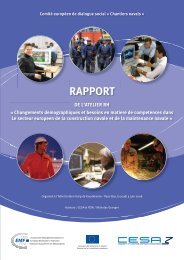Euromind (2009)
Creating an innovative European Open Maritime Industry through facilitating integration of standards into new business practices & services.
Creating an innovative European Open Maritime Industry through facilitating integration of standards into new business practices & services.
Create successful ePaper yourself
Turn your PDF publications into a flip-book with our unique Google optimized e-Paper software.
www.europe-innova.org<br />
Stand-Inn<br />
Innovafun<br />
Steppin<br />
Depuis<br />
2.5 Communication: verbal and digital<br />
In order to illustrate the problem area of digital information exchange and to highlight the solution areas for<br />
effective and efficient digital communication, a comparison can be made with verbal information exchange which<br />
we as human beings practice.<br />
Verbal communication consists of ‘characters’ (letters), and together they make ‘words’ by the use of spelling;<br />
and with the use of the grammar those words make ‘sentences’. In our mind these sentences have a certain<br />
meaning which we ‘communicate’ (exchange) with another person. That other person translates the exchanged<br />
sentences to his/her own meaning. Communication is effective when the meaning as received and understood by<br />
the receiver, is equal to the meaning that was intended by the sender. Communication is efficient when the process<br />
of information exchange (e.g. from letters of the sending person to translation into meaning by the receiving<br />
person) takes little effort or resources.<br />
<strong>Euromind</strong><br />
BioHealth<br />
This analogy with verbal human communication also provides clues to problem areas. For example:<br />
• People may be communicating in different systems (languages), thus precluding mutual understanding.<br />
• People may use the wrong grammar to provide sources for misunderstanding.<br />
• People may use the wrong words thereby conveying an erroneous message.<br />
• People may use a synonym not known to the listener.<br />
• People may use a homonym i.e. a word spelled the same, but meaning something different, thereby, mostly unknown<br />
conveying an erroneous message.<br />
• People may spell words wrong, creating confusion (e.g. ship and shop).<br />
Clearly, human beings are adept at sorting out mistakes. Computers will just go along with mistakes and end up<br />
the wrong alley. So, if human beings work with computers (i.e. digital information) they must be very exact and<br />
explicit in their communication.<br />
Digital information exchange is based on more or less the same principles as verbal human communication:<br />
• Characters are formulated in a syntax. An example is XML.<br />
• Words are defined in a dictionary (terms or objects with their definitions and attributes). To make dictionaries<br />
more effective (short store and retrieval times) and more efficient (less bytes), words can be related to each<br />
other in specific dictionaries like in classifications or in taxonomies.<br />
8 of 14


